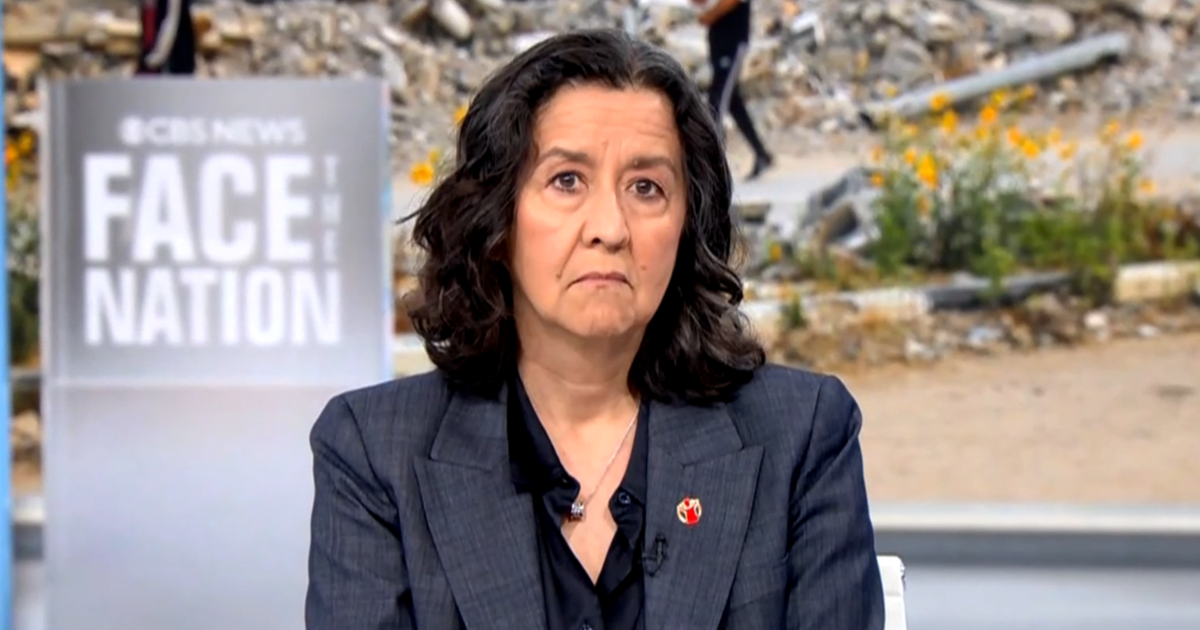In a detailed examination of the practices used by American Media, Inc. (AMI) under the leadership of David Pecker, a picture emerges of what appears to be an intricate strategy to shield Donald Trump from potentially damaging revelations during his presidential campaign. The company’s involvement in “catch and kill” operations—paying for exclusive rights to stories only to suppress them—has brought to light a complex interplay between AMI, Michael Cohen, and the Trump Organization.
The saga began when a door attendant at Trump Tower came forward with a sensational claim that he had information about a child Donald Trump allegedly fathered out of wedlock. Eager to suppress the potentially explosive story during the heat of the 2016 presidential campaign, American Media agreed to pay the attendant $30,000 for the exclusive rights to this tale. Despite the significant payout, the story was never verified and consequently, never published. This marked AMI’s first foray into a practice that would soon become a hallmark of its operations during the election cycle.
The more notable instance of ‘catch and kill’ involved Karen McDougal, a former model who alleged she had an affair with Trump in the early 2000s, a period during which Trump was married to his current wife, Melania. McDougal’s claims were potentially ruinous to Trump’s presidential aspirations. In response, AMI negotiated a deal with McDougal, paying her $150,000 to secure the exclusive rights to her story, which it then chose not to run, thereby effectively silencing McDougal during the critical election period.
The mechanics of the McDougal agreement were revealed in more detail through a recorded conversation that took place in September 2016 between Michael Cohen, Trump’s personal lawyer at the time, and Trump himself. In the recording, Cohen is heard discussing the creation of a company to facilitate a wire transfer for the payment to McDougal. At one point, Trump is heard asking, “So what do we got to pay for this?” to which he adds, “One fifty?”—a reference to the $150,000 payment agreed upon with McDougal. The subsequent conversation hinted at Trump’s preference for paying in cash, though Cohen advised against it, suggesting a check as a more traceable and transparent method.
The dealings extended beyond McDougal’s story. In October 2016, just as the infamous “Access Hollywood” tape was released—where Trump was recorded making derogatory statements about women—AMI’s involvement deepened. The company’s editor-in-chief, at Cohen’s coordination, connected the lawyer of another woman, Stormy Daniels, with Cohen to negotiate another hush-money agreement. Reportedly, Trump was reluctant to make the payment out of his own accounts. Instead, the payment of $130,000 to Daniels was made through a shell company named Essential Consultants LLC, funded initially by Cohen’s personal home equity line of credit. The funds were transferred to Daniels’ attorney in the weeks leading up to the election to prevent her from going public with her claims.
The financial arrangements between Cohen and Trump came under scrutiny after the election. Trump allegedly reimbursed Cohen through disguised monthly payments that were recorded as legal fees by the Trump Organization. In January 2017, discussions about how to reimburse Cohen continued, culminating in a bogus “retainer agreement” under which Cohen was paid back through monthly payments. Cohen raised invoices for these payments, which were falsely stated to cover legal expenses, thus camouflaging the original purpose behind the payments.
The legal and financial maneuvers employed did not go unnoticed. In August 2018, federal agents executed a search warrant on Cohen’s home and offices, uncovering the depth of the financial and legal entanglements. Cohen was urged by Trump to “stay strong” in subsequent communications following the FBI raid. Cohen ultimately pleaded guilty to eight criminal charges, including tax evasion and making false statements to a financial institution. He implicated the president in his guilty plea, stating that he acted at the direction of Trump.
In response to the growing legal complications, AMI eventually struck a non-prosecution agreement with federal prosecutors, agreeing to cooperate with the investigation in exchange for immunity from prosecution.
The maneuvers to suppress damaging stories about Trump, as detailed by prosecutors and evidenced in the recorded conversations, reveal a tangled web of money, power, and secrecy. The use of ‘catch and kill’ tactics by AMI, the creation of shell companies for making covert payments, and the falsification of business records and tax documents illustrate an elaborate effort to influence the outcome of the election and safeguard Trump’s political and personal reputation. The implications of these actions are far-reaching, raising serious questions about the legality and ethics of such maneuvers in the broader context of electoral integrity and transparency.









